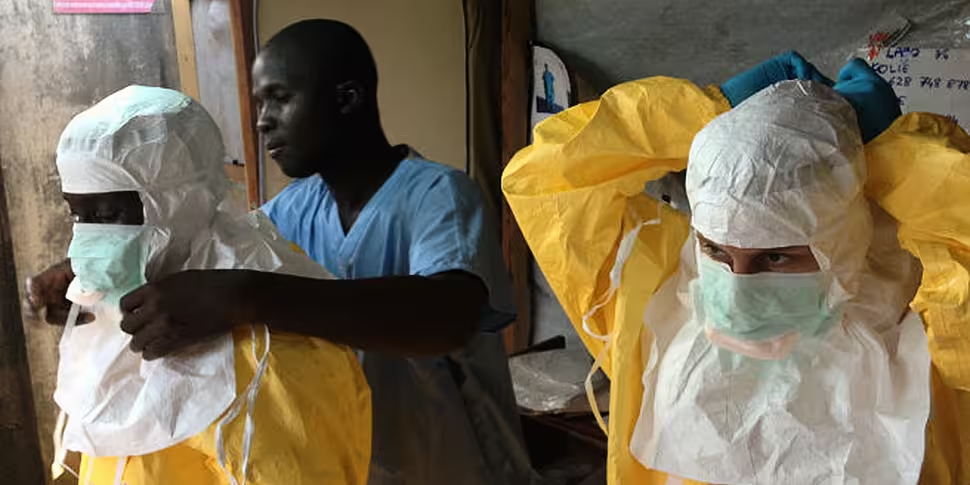On the same day that Amazon revealed just how disastrously its first smartphone fared, engineers developing an app to help fight Ebola in West Africa were trying to solve the problem of connecting aid workers in the region.
Gathering up-to-date and accurate information about the outbreak has been a constant problem for aid workers, but it seems the Amazon Fire device could soon be helping.
South African software developer Philip Uber had been working on an app which allows care workers to geotag and photograph Ebola patients, record their data, record details of ambulance pick-ups, store information about quarantines and to keep track of children who have been orphaned by the outbreak.
With the app ready to go aid workers still needed 1,000 smart phones to set up an effective information network.
Mr Uber happened to be meeting California-based tech journalist Larry Magid on the same day that Amazon announced details of how bad its smartphone had performed. He suggested that the app developers contact Amazon to see if they would donate some of their unsold stock.
Having already taken a $170 million write-down on the project, the company was happy to donate the phones.
The Amazon Fire phones have the app installed and are unlocked and customised so that they are compatible with local networks in West Africa.
They are expected to be in the hands of aid workers by the first week of December.
Information can be logged on the phones and either be uploaded straight to servers, or stored and uploaded when the user is back on either a cellular or Wi-Fi internet connection.
Mr Magid commented in his article in the San Jose Mercury News that it was a "great example of turning lemons into lemonade." At least something good will come out of Amazon's first attempt at entering the smartphone market.









